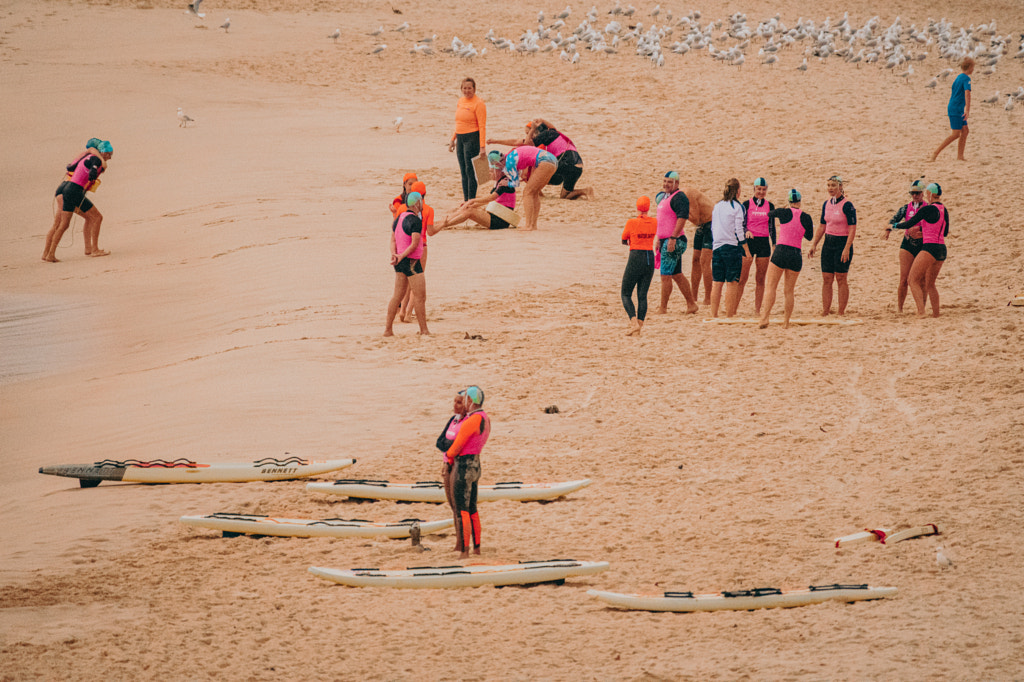How often do bystanders stop attacks? (NYT)
Australia's cost of living crisis is forcing some to make difficult decisions about their future
By one new estimate Covid vaccines saved 20 million lives in their first year. That is why I say the great stagnation is over, at least for now, though of course we could slip back into it.
Via B C : For his 1985 documentary about the Statue of Liberty, the filmmaker Ken Burns interviewed two Jewish boys sitting on a bench in New York City. They were twins who had fled Ukraine, then part of the Soviet Union, with their father. Like generations of refugees before them and generations since, they had arrived in the United States hoping for a better life.
One of those boys, Alexander aka Sasha Vindman, would grow up to become a lieutenant colonel in the United States Army and director for European and Russian affairs for the National Security Council. He was also a key witness at the first impeachment trial of Donald Trump. His brother, Yevgeny, would become a colonel in the Army and serve as deputy legal adviser for the National Security Council.
In recent months, as the Vindmans’ homeland has come under siege by Russian forces, Mr. Burns reunited with the brothers to make the Opinion Video above. In this short film, the Vindmans argue that the refugee crises in Ukraine and elsewhere demand a much stronger response from the Biden administration, including not just fully restoring a refugee system gutted by the Trump administration but expanding it further.
The nation’s policies, they contend, are not living up to its ideals.
America Is Failing Refugees, and Itself
The Open Secret of Google Search - The Atlantic: “…Like many, I use Google to answer most of the mundane questions that pop up in my day-to-day life. And yet that first page of search results feels like it’s been surfacing fewer satisfying answers lately. I’m not alone; the frustration has become a persistent meme: that Google Search, what many consider an indispensable tool of modern life, is dead or dying. For the past few years, across various forums and social-media platforms, people have been claiming in viral posts that Google’s flagship product is broken.
Search google dying on Twitter or Reddit and you can see people grousing about it going back to the mid 2010s. Lately, though, the criticisms have grown louder…Google Search might be worse now because, like much of the internet, it has matured and has been ruthlessly commercialized. In an attempt to avoid regulation and be corporate-friendly, parts of it might be less wild. But some of what feels dead or dying about Google might be our own nostalgia for a smaller, less mature internet. Sullivan, the Search liaison, understands this longing for the past, but told me that what feels like a Google change is also the search engine responding to the evolution of the web.
“Some of that blog-style content has migrated over time to closed forums or social media. Sometimes the blog post we’re hoping to find isn’t there.” Sullivan believes that some of the recent frustrations with Google Search actually reflect just how goodit’s become. “We search for things today we didn’t imagine we could search for 15 years ago and we believe we’ll find exactly what we want,” he said. “Our expectations have continued to grow. So we demand more of the tool.” It’s an interesting, albeit convenient, response…”
Frank Moorhouse (1938-2022)
Australian author Frank Moorhouse has passed away; see, for example, obituaries in The Guardian and the Sydney Morning Herald.
